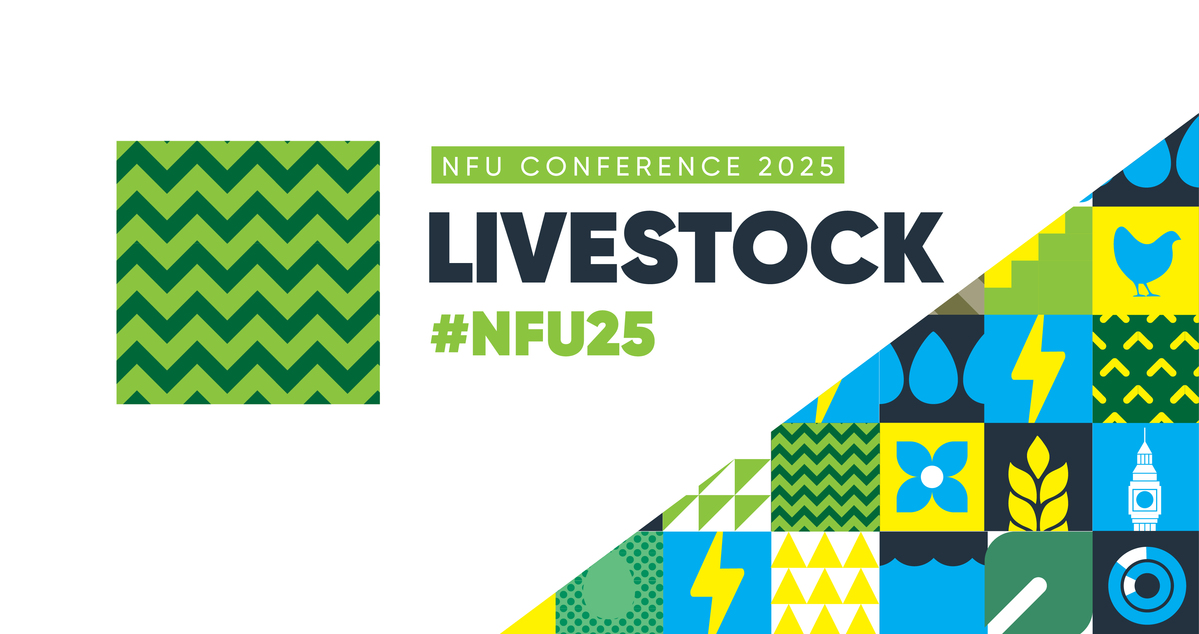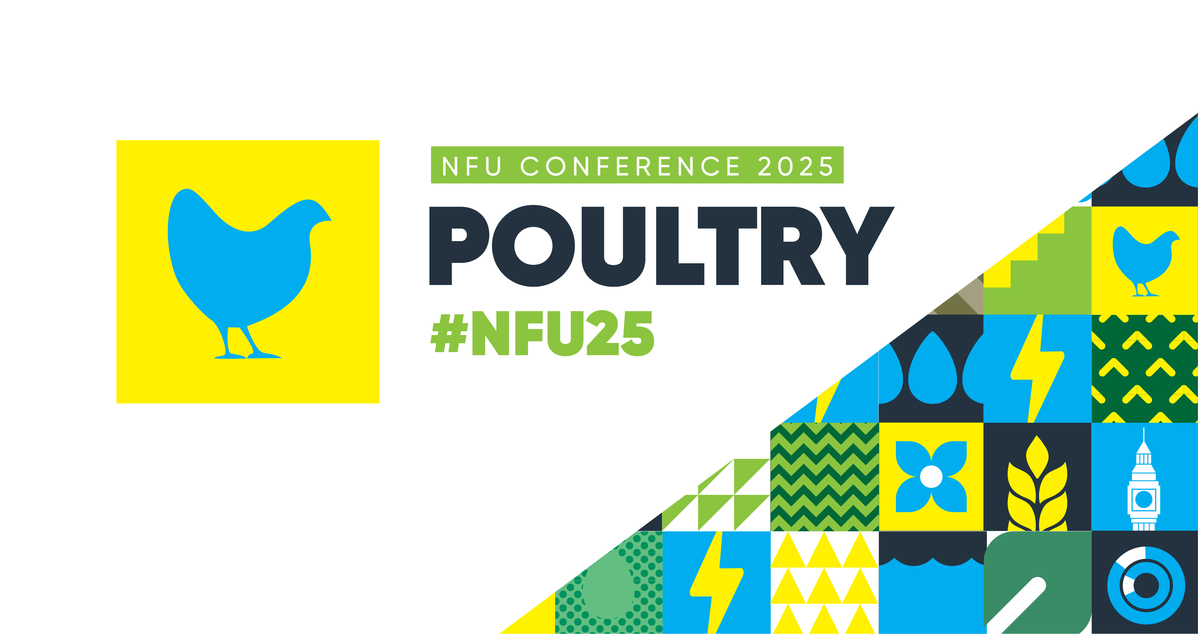NFU Livestock Board chair David Barton hailed the positive position of a sector that is producing fantastic products which continue to be in demand from consumers.
Joining David on the ‘Your voice, your policy: shaping the future for beef and sheep’ panel were regional chairs Oli Lee, Andrew Loftus, Hugh Broom and Rob Lewis who all agreed bluetongue remained one of the main concerns, while record prices and demand for both beef and lamb buoyed the sector.
“Demand for our product, beef in particular, remains incredibly robust despite the inflation we’ve seen, despite activism, despite all the headwinds and that’s because we produce a great product that we should be very proud of,” Andrew said.
Hugh added the sector needs to be confident in investing in production due to this “sustainably buoyant market” – something which ongoing work into a NFU 2035 beef vision document aims to address.
He suggested data is key for maintaining our place in the market, especially for any progress with regards to environment and sustainability, saying; “The key thing is getting the data together, we all have to do our part.
“Data generally goes hand in hand with good financial and business stewardship.”
“What I take from this tonight is we’ve discussed a whole lot of issues, but at the core of this is that we produce fantastic products the customer wants.”
NFU Livestock Board chair David Barton
Climate and environment
Work is also ongoing around the beef and lamb roadmap, of which Andrew is chair.
The cross industry working group will publish its first draft next month, outlining the climate and sustainability challenges and opportunities for the sector.
Top of the list for the document is harmonisation across carbon calculations.
“We’re in a really good position; prices are sustainable and that should give us the confidence to go forward and produce more.”
NFU Livestock Board chair David Barton
“You may have been asked to do a carbon calculation by your processor or even by your bank and the problem is that there is huge variability in these carbon calculators.
“It’s off the scale variability in some cases, so we need harmonisation and improvement of the calculators,” Andrew explained.
“The pressure for this doesn’t come from the consumer.
“We have signed international commitments that have been put into law and these legal requirements are pushing back down the supply chain through the retailers, onto the processes and ultimately onto us.
“That’s where the pressure comes from, and we need to get the data right.”
David hailed the progress, noting: “It’s a board priority to get this right. A year ago, I had no idea how we were going to get to where we needed to but now, there is genuinely a route I can see. We just need the data because it is going to be crucial.”
Bluetongue
Turning to bluetongue, what the group agreed was the biggest issue facing the sector, Oli praised the work of the NFU base in Brussels in keeping us up to date with work in Europe regarding vaccinations.
On those, he said: “They’re certainly going to be a very important part of the toolkit, but we can’t think they’re just going to solve the problem entirely.”
Hugh agreed, noting vaccines will be “essential” in suppressing the impact of the disease, while David urged members to “start planning now and have the conversations with your vet.”
Rob, meanwhile, hailed the work of those farmers who have been impacted by the virus.
“We need to pay tribute to those famers in the restricted zones who have played their part to stop the disease coming forward,” he said.
Traceability
Elsewhere, the panel discussed the need for more resource in supporting port authorities in seizing illegal meat, which is a real threat to our biosecurity, particularly in the wake of Foot and Mouth Disease being confirmed in Germany earlier this year.
The panel also discussed the importance of livestock markets with Rob noting: “Historically, they have a very important role to play. Especially now with the increase in prices. If you want to find your true value, you take them to market.”
Also on the agenda was BeID and the multi-species LIS (Livestock Information Service) with Hugh noting the current system should be celebrated as one of the most robust in terms of traceability.
However, he added the new system will be “really helpful”, and likely to take the flow of information from “good” to “world class” if it is done properly.
David urged Defra and the government to be ambitious with the new LIS, saying it must provide extra value to the producer. This would include dashboards of statutory data already collected to assist with on-farm management decisions and facilitating risk-based trading, such as bTB and BVD status reports at point of sale.
Farm assurance
As the discussion turned to farm assurance, Andrew and Oli agreed on the need for a sector-specific approach, with Oli noting the need for simplicity and for the impact such audits can have on mental health to be understood and addressed.
Could this be an opportunity for a reset, David asked the panel, with an opportunity for technology to help?
Hugh believes so, explaining how technology can help aid audits going forward.
“We need the technology. We also need a modular build of assurance scheme ‘bolt-ons’ so producers can choose the level of assurance they want for their market. But the main thing is we just need to get on with it and get it out the door,” he said.
Fantastic products
In closing the session, David said the sector is in a positive position.
“What I take from this tonight is we’ve discussed a whole lot of issues, but at the core of this is that we produce fantastic products the customer wants,” David said, in closing the session.
He noted the lack of noise around ‘Veganuary’, adding: “Plant-based products just didn’t cut it. The consumer recognises that red meat is a really important part of a good, healthy diet.
“We’re in a really good position; prices are sustainable and that should give us the confidence to go forward and produce more.”
Meet the speakers from this session
Hugh Broom
NFU Livestock Board East chair
He is currently chair of his NFU local branch and has worked off the farm as a journalist. Most recently, Hugh presented the Farmers Weekly podcast up until December 2023.
David Barton
NFU Livestock Board chair
Cereals grown on the farm are also used to feed his stock, allowing David to use the two businesses to support each other and provide sustainable produce. He also has a very small flock of pedigree poll Dorset sheep.
He has also previously stood as the NFU South West Livestock Board chair and has worked with AHDB as a strategic farm to improve profitability and efficiency.
Oli Lee
NFU Livestock Board vice chair and Midlands chair
The business has a growing local market for home-produced beef and lamb that is dry-aged and butchered on the farm. The business operates on a forage based grazing system and is part of the SFI Pilot scheme. Oli previously ran the neighbouring organic beef, sheep and arable estate and has worked at the Meat and Livestock Commission and as a farm business consultant.
He is aware that farming may change significantly over the next few years but is very optimistic that positive opportunities will arise for the sector.
Andrew Loftus
NFU Livestock Board North chair
Formerly Agriculture Manager for Morrisons PLC, Andrew sits on the National Livestock Board of the NFU, the Yorkshire Committee of the CLA and chairs the Beef & Lamb Net Zero Roadmap Group (supported by AHDB).
Robert Lewis
NFU Livestock Board, NFU Cymru
The enterprise consists of 1000 head of sheep, including 450 traditional Welsh Mountain ewes; the business produces its own replacements, only buying in tups. The cattle enterprise consists of 60 Limousin and British Blue suckler cows which to go a Limousin bull. Calves are finished on farm.
Robert is a lamb buying agent for Pilgrim Foods. He has also judged livestock at many shows including the Royal Welsh Agricultural Winter Fair. He also recently purchased the Triangle Inn in Cwmdeuddwr.
The pub aims to showcase the beef and lamb from Rob’s farm, telling the powerful story of local provenance and a short supply chain. Last year, Rob was appointed as a Fellow for the Royal Agricultural Society.
More from our NFU25 fringes
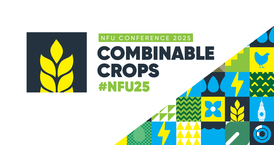
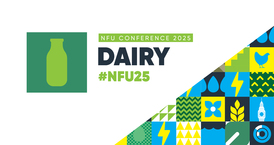
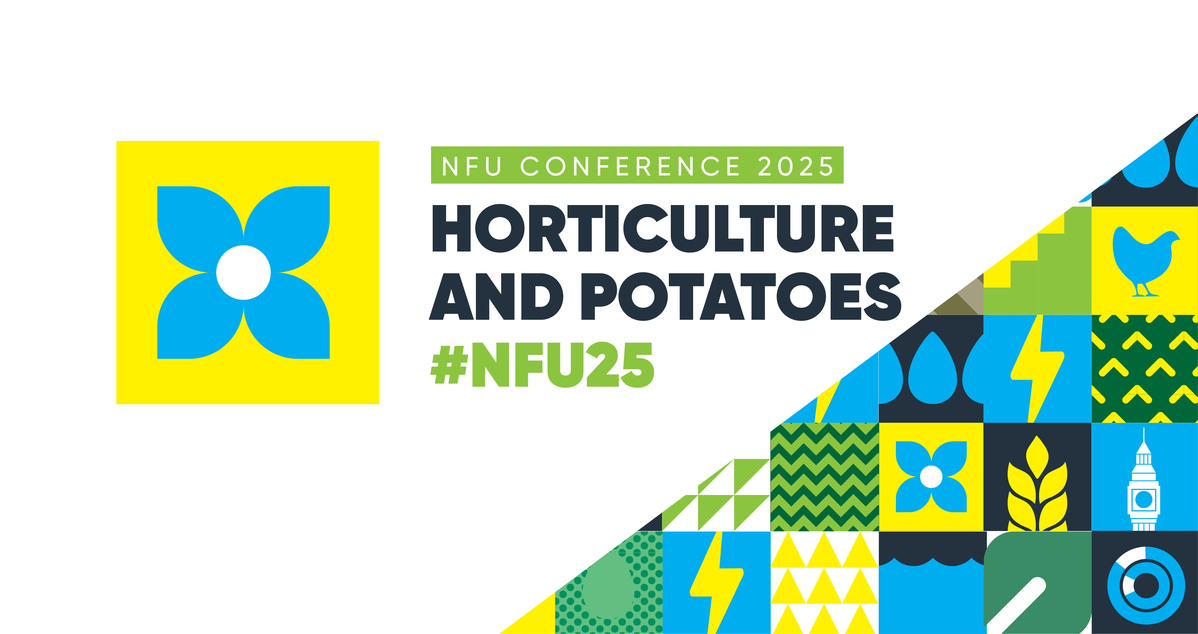
Watch again – NFU25: Horticulture and potatoes fringe session
